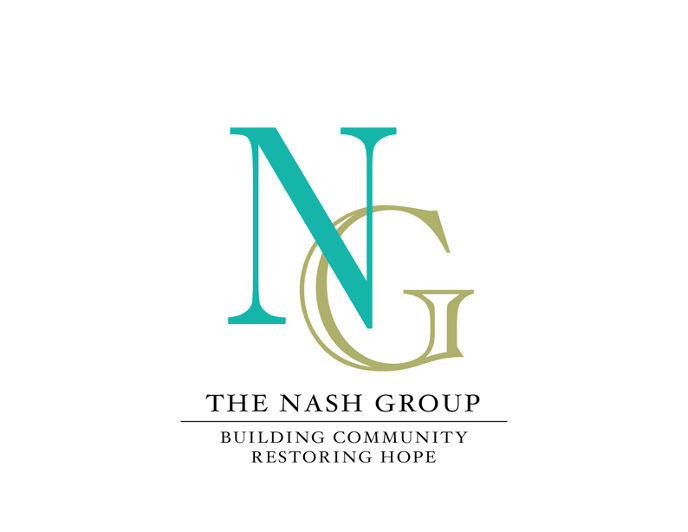Course Title: Understanding the Affordable Housing Crisis: Exploring the Impact of Housing Affordable Shortages
Course Description
Embark on a deep dive into the complexities of the affordable housing crisis with our online course at the Nash Group Training and Education Platform. This course delves into the repercussions of the shortage of affordable housing on individuals, communities, and society at large. Through data analysis, case studies, and expert insights, participants will gain a comprehensive understanding of how the lack of affordable housing exacerbates economic disparities, social inequalities, and systemic challenges. By examining the root causes and consequences of the affordable housing crisis, participants will be empowered to advocate for solutions that address housing affordability as a fundamental human right and a key driver of community well-being.
Course Topics
1. Defining the Affordable Housing Crisis: Scope, Causes, and Consequences
2. Economic Impacts of Housing Affordability Shortages on Individuals and Families
3. Social Equity and Inequality: Disparities Amplified by the Housing Crisis
4. Homelessness and Housing Insecurity: Understanding the Human Toll
5. Policy Responses to the Affordable Housing Crisis: Successes and Challenges
6. Innovation and Best Practices in Affordable Housing Development
7. Community Engagement and Advocacy Strategies for Affordable Housing Solutions
8. The Role of Public-Private Partnerships in Addressing Housing Affordability
Learning Objectives
Upon completion of this course, participants will be able to:
1. Define and contextualize the affordable housing crisis, including its scope, underlying causes, and far-reaching consequences for individuals, families, and communities.
2. Analyze the economic impacts of housing affordability shortages, such as cost burdens, wealth disparities, and barriers to economic mobility, to recognize the multifaceted dimensions of the crisis.
3. Evaluate social equity and inequality issues exacerbated by the affordable housing crisis, including racial disparities, housing discrimination, and access to essential services, to advocate for fair and inclusive housing policies.
4. Examine the human toll of homelessness and housing insecurity resulting from the lack of affordable housing, including mental health challenges, educational disruptions, and community instability.
5. Review policy responses to the affordable housing crisis at local, state, and national levels, assessing successes, limitations, and opportunities for systemic change in housing affordability.
6. Explore innovative practices and best practices in affordable housing development, including design strategies, financing models, and sustainable solutions that prioritize affordability and livability.
7. Develop community engagement and advocacy strategies to promote awareness, foster dialogue, and mobilize support for affordable housing solutions that meet diverse community needs.
8. Understand the role of public-private partnerships in addressing housing affordability, collaboration models, and effective approaches to leverage resources, expertise, and stakeholder engagement in housing development efforts.
Value to the Participant
This course delivers valuable insights and knowledge to clients seeking to understand the root causes, impacts, and responses to the affordable housing crisis. By exploring the interconnected challenges of housing affordability shortages, participants gain a nuanced understanding of the complex factors influencing access to adequate, affordable housing. Clients will acquire the tools to advocate for equitable housing policies, drive community engagement initiatives, and support innovative solutions that address the housing crisis holistically. The course equips clients with the expertise needed to navigate the complexities of housing affordability, collaborate with diverse stakeholders, and contribute to building sustainable, inclusive communities where housing is accessible to all. Ultimately, participants emerge from the course empowered to drive positive change, influence policy decisions, and champion affordable housing as a fundamental driver of social justice and community well-being.

Office Locations
We've got two main hubs: one where the BBQ is sizzling and the jazz is smooth (Kansas City, Missouri) and another where the palm trees sway and the sunshine never quits (West Palm Beach, Florida). Come visit us and get a taste of the good life in both places!
Contact Information
Need to reach me? Try the classic phone call at
(816) 213-4461,
shoot me an email at
tnash@thenashdevelopmentgroup.com
or send a good ol' carrier pigeon my way. Just make sure it doesn't get distracted by any shiny objects along the way!
Events
Coming Soon: Upcoming Kansas City Conference
Coming Soon: Upcoming West Palm Beach Conference
Your use of the website or any of the information available on it does not constitute a professional services relationship between you and the Nash Group, LLC or its affiliates. The information provided on the website is for general informational purposes only and does not constitute professional advice or an offer to sell or a solicitation to buy securities. The Nash Group, LLC does not provide investment advice. The Nash Group, LLC's website is not to be construed as a recommendation to engage in a transaction with a particular party. You should always consult with your retained professional advisor(s) concerning your particular circumstances. Some of the information may have been provided by third parties and is based solely on information provided to The Nash Group, LLC by that third party. The Nash Group, LLC is not responsible for any information provided by third parties, and The Nash Group, LLC disclaims any responsibility for ensuring the information is accurate or up to date. Any opinions or conclusions expressed by any third party should not be construed as opinions or conclusions of The Nash Group, LLC. The Nash Group, LLC will not be liable for any loss or damage that may arise out of your use of any of the information available on the website. This website provides links to websites owned by other parties. The content of such sites is not within The Nash Group, LLC's control and The Nash Group, LLC has no responsibility for the information or content thereon.
